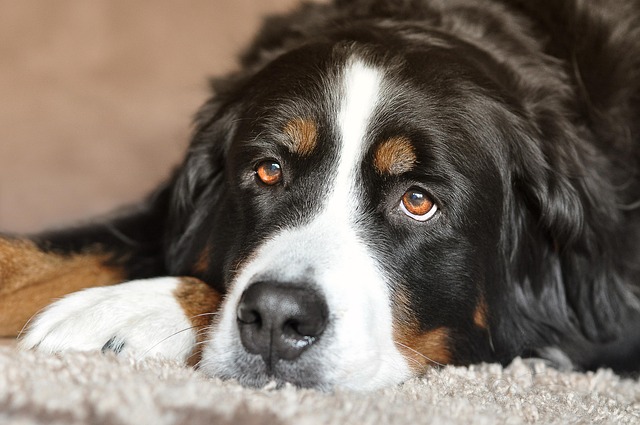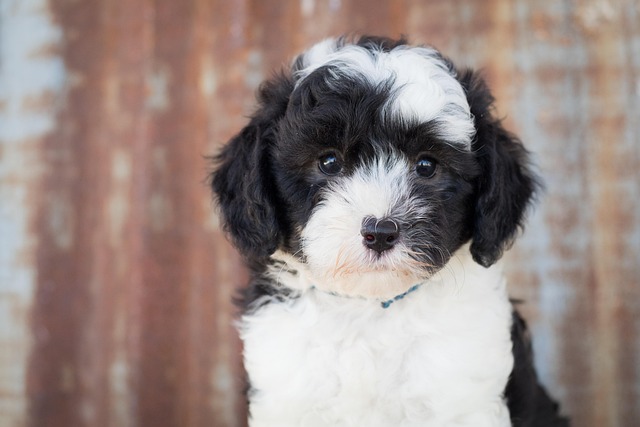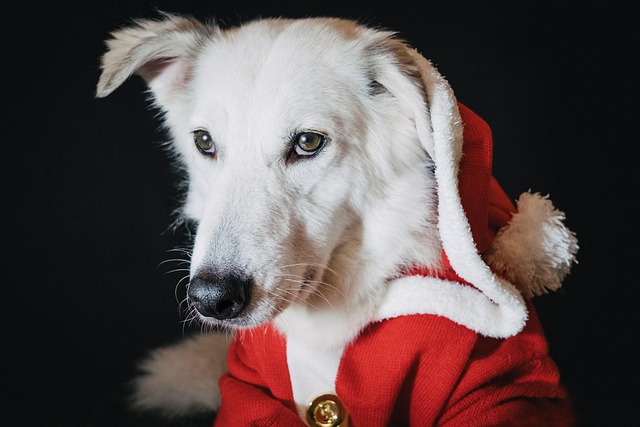
What is the hardest dog to take care of?
Trying to figure out which dog is the toughest to care for? It’s not a one-size-fits-all answer. But certain breeds demand more time, patience, and resources than others.
Picture this: your rescue pup hides behind the couch when your best friend visits, or your newly adopted senior dog barks at the mail carrier’s daily approach. "How long until they chill out?" is the burning question every new owner asks. The truth? There’s no universal stopwatch. A dog’s adjustment to new people hinges on their history, breed traits, age, and your approach. Puppies socialized early might warm up in minutes, while a traumatized shelter dog could take months. Canine behaviorists agree: pressure backfires. Forcing interactions ("Just pet him, he’ll get used to you!") often fuels fear. Instead, think trust-building, not speed-running.
Start with science-backed patience. Dogs process new humans through associative learning. If every stranger brings chicken (and no forced contact), their brain links people = good stuff. Here’s your playbook: Control the environment. For skittish dogs, have guests ignore them completely upon entering your Austin apartment—no eye contact, no reaching. Scatter high-value treats (cheese bits, turkey) away from the visitor. Let your dog choose to investigate. If they retreat, respect it! Next session, have the guest sit sideways tossing treats without looking. Progress to brief, calm interactions only when your dog solicits attention—maybe a chin scratch paired with treats. Sessions should last 2-5 minutes max, ending on success. Consistency matters: 3 short positive encounters weekly beat one stressful hour. Track micro-wins: tail wags instead of tucked tails, taking treats gently, or choosing to lie down nearby.

Now, the non-negotiable U.S. context. Leash laws and vaccination status dictate where introductions happen. Never let an unvaccinated puppy (under 16 weeks) greet strangers on dog-heavy L.A. sidewalks—parvovirus is real. Carry them or use a stroller. For adult dogs, always leash them in public spaces like Seattle parks; fines for off-leash dogs reach $500+ in some counties. Scooping poop isn’t optional—forget a bag in Chicago, and you might face a $250 ticket. Culturally, escalating fear with punishment is unacceptable. Yanking leashes, yelling "QUIET!" when they bark at your neighbor, or alpha rolls violate modern welfare standards and damage trust. If your dog growls, thank them for the warning—it’s communication! Remove them gently from the trigger instead.
Lifestyle tweaks speed up trust. Apartment dwellers in NYC? Practice "stranger drills": reward calm behavior when hearing hallway footsteps or elevator dings. Keep initial greetings behind a baby gate. Suburban homes? Teach "go to mat" before guests arrive—reward heavily for staying put. Always ask permission before allowing approaches: "Mind if my dog sniffs you?" respects both parties. Remember, a dog who adjusts at their pace in your Portland coffee shop patio or Minneapolis apartment lobby becomes a community asset, not a liability. Rushing isn’t kindness—it’s risk.

Trying to figure out which dog is the toughest to care for? It’s not a one-size-fits-all answer. But certain breeds demand more time, patience, and resources than others.

When it comes to choosing a furry companion, one of the most common questions dog lovers grapple with is whether small dogs are healthier than their larger counterparts. It’s a complex topic that doesn’t have a one - size - fits - all answer,

Picture merging onto a Los Angeles freeway with your Labrador, Max, when sudden braking sends his 65-pound body lurching toward the dashboard.

You’re cuddling with your furry friend on the couch when you notice: their once - shiny coat now looks dull and feels like straw.

Imagine your French Bulldog, Buster, sunbathing on your Miami balcony. Those adorable wrinkles soaking up rays seem harmless—until he develops scaly pink patches on his belly.

Seeing your dog wince when they stand up or hesitate before climbing the stairs tugs at your heartstrings. Arthritis is a tough battle for many senior dogs and large breeds, but you don’t always need prescription meds to offer relief.